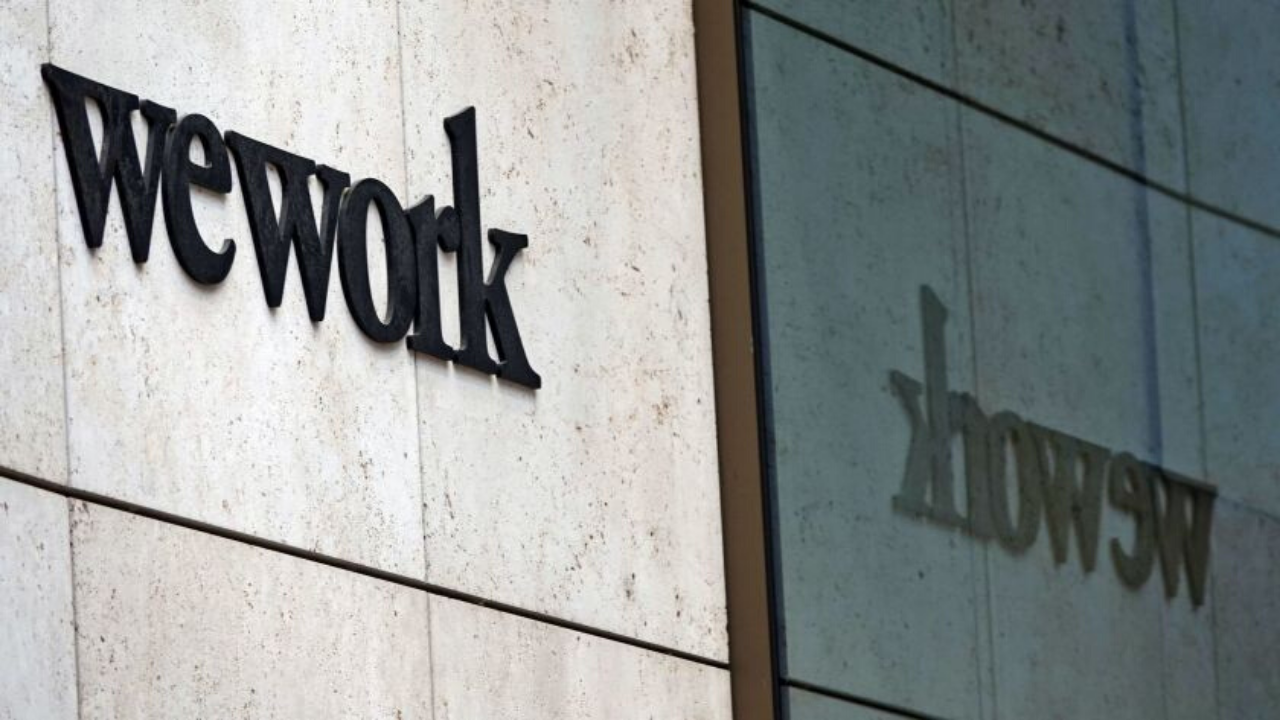WeWork was once seen as an innovative, one-of-a-kind startup that promised to change how people worked forever. Now, as news of its delayed IPO makes headlines, the public perception of the company continues to dwindle.
Founded in 2010, WeWork offered a sleek, modern place for entrepreneurs to work outside of home, offering complimentary coffee and comfortable desks.
After The We Company’s S-1 filing revealed a worrisome financial model, questionable business practices, and an unnecessarily large valuation of $47 billion, the company came under great scrutiny.
There are several reasons why the company’s September listing ultimately failed. One of the most prominent reasons is likely due to CEO Adam Neumann, who owns multiple buildings that his own company rents, making him both the landlord and the tenant.
While unicorns like WeWork once seemed like a safe bet, it’s many faux pas revealed in its prospectus left investor interest to diminish. This is not the first time a promising private company garnered huge headlines before going public, only to have a disappointing listing. For example, Uber’s IPO was expected to be highly successful, and now its stock is down 21% since it went public.
So why do these shiny companies tank when they go public? It is likely due to stockbrokers who are initially interested in young, hip firms, but realized at the end of the day, the companies could not keep up with the rest of the pack.

 Dr. Gleb Tsipursky – The Office Whisperer
Dr. Gleb Tsipursky – The Office Whisperer Cat Johnson – Coworking Marketing Maven
Cat Johnson – Coworking Marketing Maven Angela Howard – Culture Expert
Angela Howard – Culture Expert Drew Jones – Design & Innovation
Drew Jones – Design & Innovation Andrea Pirrotti-Dranchak – Competitive Advantage
Andrea Pirrotti-Dranchak – Competitive Advantage Jonathan Price – CRE & Flex Expert
Jonathan Price – CRE & Flex Expert Jeremy Fennema – Tech Innovation Alchemist
Jeremy Fennema – Tech Innovation Alchemist







